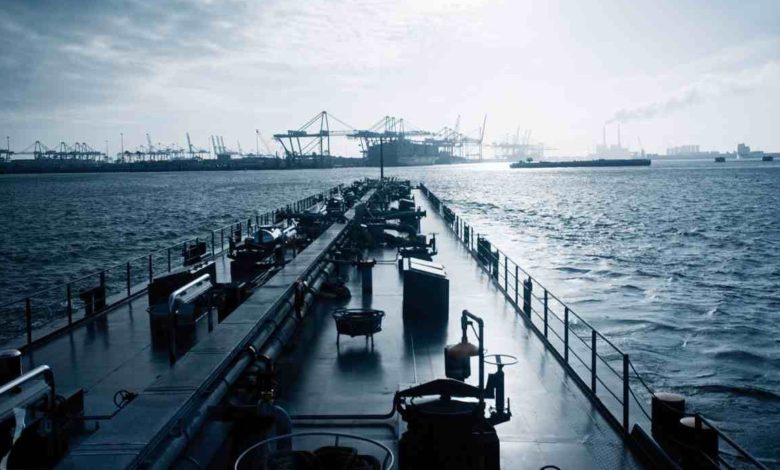LNG as a ship fuel branded a ‘$22bn distraction for EU shipping’

LNG has been branded as a “$22bn distraction for EU shipping” that will not decarbonise the sector in a new study carried out for NGO Transport & Environment (T&E) by UK-based consultancy UMAS.
The report claims LNG would deliver, at best, a 6% reduction in ship greenhouse gas emissions by 2050 compared to the replaced existing bunker fuel.
To date Europe has spent half a billion US dollars on LNG infrastructure for refuelling ships, the report calculates.
“These meagre emissions savings would likely be cancelled out by the growth of maritime trade, even before possibly higher rates of methane slip are considered,” the report states.
The EU’s 2014 Alternative Fuels Infrastructure Directive requires member states to build a comprehensive LNG infrastructure across European ports, something the authors of this new study – Domagoj Baresic and Dr Tristan Smith – claim will make the decarbonisation of shipping an even more challenging transition.
Faig Abbasov, shipping officer at T&E, said: “LNG is not a bridge fuel, it’s an expensive distraction that will make it harder for the EU to achieve its shipping climate goals and reduce gas imports from places like Russia. Europe should back future-proof technologies that would deliver the much greater emissions reductions that will be needed, including port-side charging or liquid hydrogen infrastructure. This means the EU needs to stop mandating LNG infrastructure in European ports.”
Both authors come from the UCL Energy Institute. Smith has written for Splash before. His February contribution describing LNG as a red herring in the ship fuel debate is one of the most read articles on this site this year.

You could see the goals of the Club of Rome as to reduce people to make things better. How wrong they were… Then the Paris Agreement came where other goals have been set to make things better. Also here, it shows that goals have nothing to do with facts and cannot be met. But it is a direction based upon common sense. Now we find a kind of Club of Carbon, another breed of messiahs, where you could see their goal as to reduce carbon to make things better for everybody of us… strangely, all of those live nicely of their theses, no matter how bad it subsequently might be for others … Cannot we agree upon this, that we need to live with such people, but we should not give them any attention, as presently is handled with political interests else than the ‘politically correct’ ones? Business, solutions and inventions are based on intelligence, economy, efficiency, creativity and common sense, but on telling doomsday stories… based on what? Computer models? Wasn’t it a statistician who said that you never should trust a statistic, unless you made it yourself? Same is valid for computer models…! And for messiahs…. !
Nicely said and completely agreeable as to my understanding.
Let’s be realistic. They offer no real solutions, hydrogen is inproven and decades away. They disregard the importance of significant and absolutely necessary air quality improvements and base their conclusions on GHG mostly in isolation. For those living in port communities, where land transport is already much more significantly regulated than IMO 2020, we will continue to breathe poor air while waiting for their future fuels scenario. Frankly, their promotion of non-existsnt fuels is simply not responsible policy
The elephant in the room is that what will the large consumers use? Scaling up isn’t trivial. I completely agree that LNG is not the best solution in the long-term, but people seem to completely underestimate the complexity and risk of maturing batteries and fuel cells on this immense scale (for instance the behemoth containerships). I also think we’re facing severe manpower/capacity problems everywhere in the world when trying to engineer and build out this low/no-carbon infrastructure as fast as the targets say, which doesn’t seem to be priorities in the discussion.
I think LPG and LNG are better than fuel oil in the interim. Once we get large-scale infrastructure in place hopefully we can ditch the dual fuel engines as well and utilize WHR fully, in which case very high efficiencies can be realised. There’s also potential for auxiliary technologies to reduce pollution and carbon footprint.